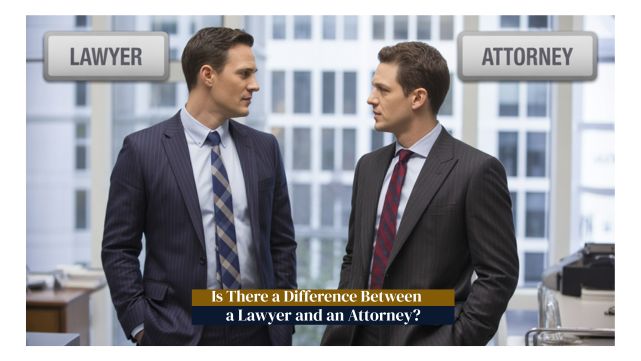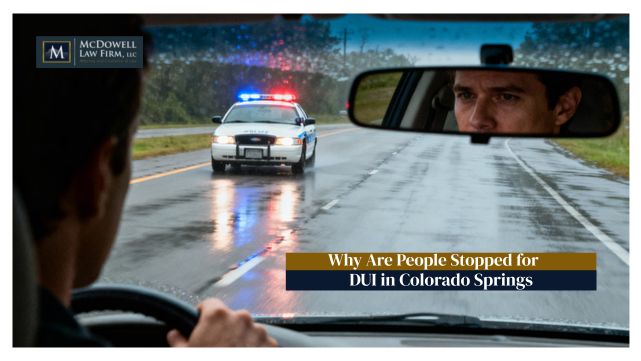Roadside sobriety tests, also known as Standardized Field Sobriety Tests (SFSTs, or simply FSTs), are an important part of a DUI police officer’s investigative toolkit. FSTs are an opportunity for a police officer to make visual observations about you to determine if you appear to be impaired to the slightest degree, or even under the influence of alcohol, drugs, or both. Are you off balance, confused, stumbling, do your eyes demonstrate nystagmus? According to the National Highway Traffic Safety Administration (NHTSA), standardized field sobriety tests are one way law enforcement can establish probable cause for a DUI arrest.
Generally speaking: Refusing to cooperate with field sobriety tests (FSTs) may potentially help your DUI case, and protect your rights when you’re charged with driving under the influence. Field sobriety tests like the HGN (Horizontal Gaze Nystagmus), and one-leg stand, walk, and turn are voluntary tests that law enforcement uses to obtain evidence against you during a traffic stop.
Not taking these tests can keep incriminating evidence out of court, so it’s important to know your rights and the consequences of participating. In this post we’ll go over the strategic benefits of refusing FSTs and how this can be a game changer in your DUI case with the right lawyer.
Field Sobriety Tests are Voluntary
Know Your Rights
When you get stopped for impaired driving it’s important to know that field sobriety tests (FSTs) are voluntary. Law enforcement doesn’t always tell you this so many people assume they have to take them. But you can decline FSTs. These tests are designed to obtain evidence that can later be used against you in court. By knowing your rights you can make informed decisions that protect you. Knowing you can refuse these tests without immediate legal consequences gives you an advantage. Always consult with a lawyer if you have questions about the laws in your area. I understand that in the moment you don’t have time to call a DUI lawyer. And good luck getting a hold of one at 2 A.M.
Generally, the best advice is not to give police any more ammunition to work with when they are preparing a case to prosecute you. This goes for what you say, and what you do. As we discussed above, a primary reason that police want you to complete FSTs is to help establish probable cause. The second reason is to strengthen the prosecution’s case against you.
Standardized Field Sobriety Tests
Field sobriety tests (FSTs) that law enforcement use include the HGN, one-leg stand and walk and turn which are part of the standardized field sobriety tests. The Horizontal Gaze Nystagmus (HGN) test is tracking an object with your eyes to see if you have involuntary eye movements. The one-leg stand is balancing on one foot while counting out loud. The walk and turn is taking a series of steps in a straight line, turning and then returning in the same manner. These tests are designed to test your physical coordination and mental acuity which can be impaired by alcohol or drugs. But medical conditions, fatigue or nervousness can affect your performance and give false indications of impairment. Knowing these tests and what they mean can help you make an informed decision on whether to take them.
Other common roadside sobriety tests:
- Lack of Conversion
- Finger to nose
- Counting/Alphabet
- Romberg (head back, close your eyes and estimate 30 seconds.) This can be used to assess balance and because depressants will often effects a person’s sense of time.
DUI Defense for Drunk Driving
How Refusing Can Help
Refusing field sobriety tests (FSTs) can be a smart move that gives you a lot of protection in a DUI case. First it limits the amount of evidence law enforcement can get against you. Tests like HGN, one-leg stand and walk and turn can produce false results due to medical conditions, anxiety or even uneven road surfaces which may not accurately reflect alcohol impairment. By refusing, you eliminate the risk of potentially flawed evidence being used in court. Second, refusing can force the prosecution to rely on less subjective evidence which may be less convincing. This can help your defense especially with the right lawyer. Refusing FSTs is exercising your legal rights and can prevent unnecessary incrimination which can lead to a better outcome in your DUI case.
For some reason, I have found that many juries put a lot of stock into FSTs. I don’t. There are too many variables, and other possible explanations for what law enforcement considers to be evidence of intoxication. In the FST protocol, law enforcement is supposed to look for certain “clues” that together can indicate that someone is under the influence. Some examples:
- Unsteady gait
- Balance problems/swaying/using arms for balance
- Hopping during the one leg stand
- Inability to remain focused
- Inability to follow directions
- Nystagmus in the eyes
- Inability to recite the Alphabet or to count correctly
I believe that law enforcement officers often see what they want during FSTs because they are so many subjective factors involved. Think of it like confirmation bias.
It’s late at night, you’re freezing cold, you’re nervous because the police stopped you and told you to get out of the car. Now, let’s assume you have physical conditions that could effect the results:
- a bad back or knee. (or a million other physical limitations)
- A natural or resting nystagmus in your eyes.
- overweight
- ADHD or other issues with divided attention exercises
These things and many more can appear very similarly to intoxication and can result in failing or “not completing the tests as a sober person would”
Your Lawyer can challenge the Validity of PBT
A lawyer can challenge the validity and admissibility of other evidence like the Preliminary Breath Test (PBT) or officer observations and help mitigate consequences like driver’s license suspension. They will review the procedures used by law enforcement to make sure your rights weren’t violated. An experienced DUI lawyer can also argue that your refusal to take FSTs was a lawful exercise of your rights, rather than an admission of guilt. By using their expertise, they can negotiate with prosecutors for reduced charges or even dismissal. A lawyer’s insight and knowledge of DUI laws can help your defense and get you the best possible outcome. Trust a qualified lawyer to help you obtain the best result in your case.
Are chemical tests voluntary too?
As always, check your State and local laws. In Colorado, we have what is called Express Consent. This means that just by driving on Colorado roads, you have already expressly consented to a chemical test when a police officer has sufficient cause to request chemical testing. Can you still refuse to cooperate with the chemical testing? Yes, you can. But it has DMV consequences, and the DA can use your refusal against you in Court.
Case Results Depend on the Evidence
Every DUI case is different, but they have many of the same elements when we evaluate the strengths at weaknesses of a case before trial.
- Was there bad driving? Was there an accident?
- Physical observations of the officer: odor of alcohol, bloodshot watery eyes, slurred speech, balance
- Did the Defendant complete FSTs? And how did they do?
- Chemical tests (breath or blood tests), and what was the result?
I have tried cases where some of the strongest evidence for the prosecution was the FSTs themselves. Do not be your own worst witness and give the prosecution more evidence against you. These are examples of how refusing and having the right lawyer can get you a good outcome. There is very little upside because FSTs are so subjective. Even if you think you did really well on the tests, the officer may have a very different take on your performance. In fact, they often do.




